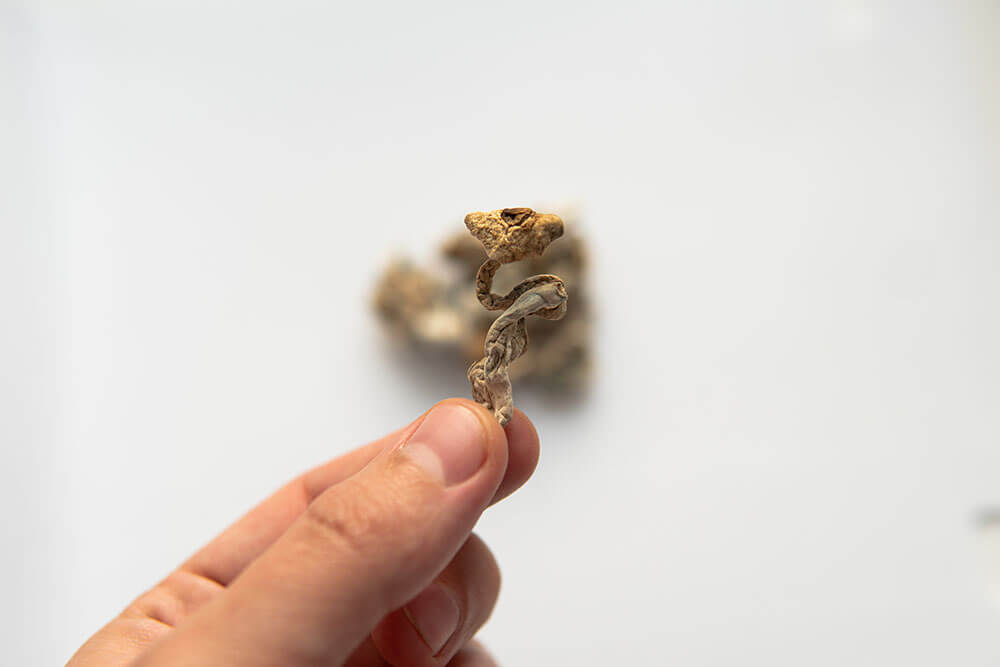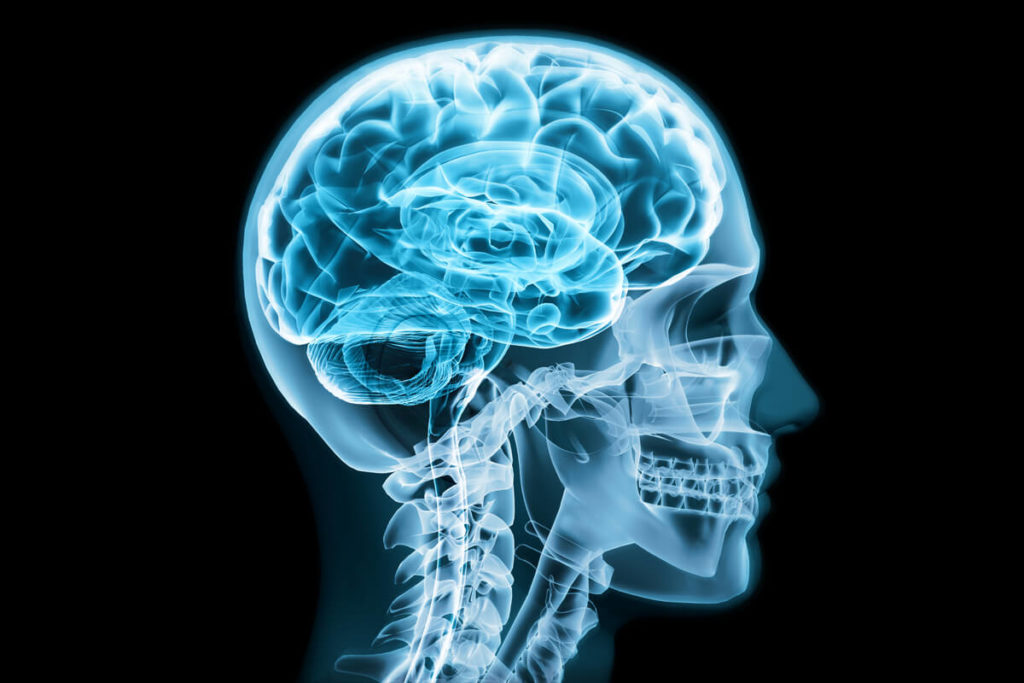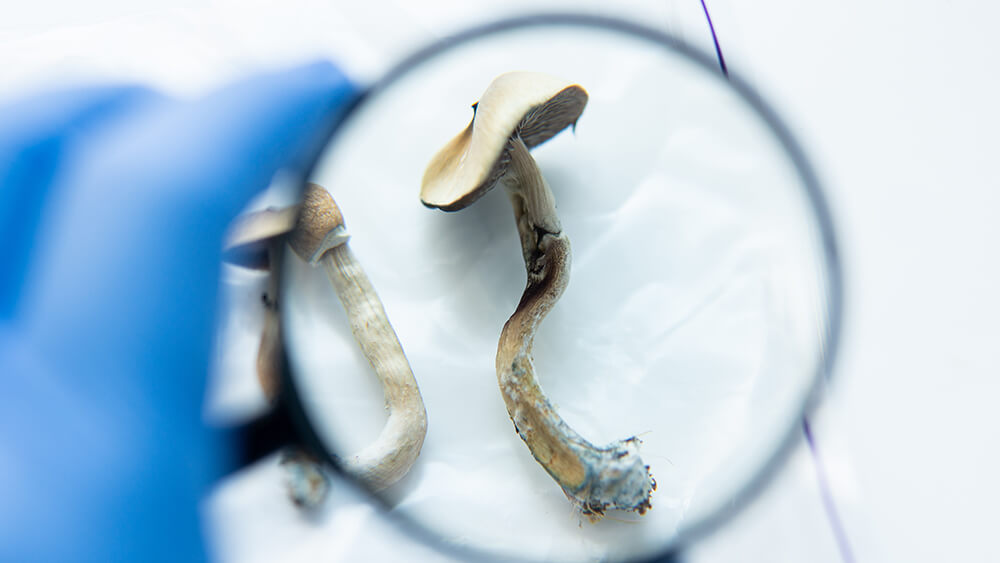Neuroscience
Home > Neuroscience
Introduction to Psilocybin
Psilocybin is a natural psychedelic compound found in certain mushrooms, often known as “magic mushrooms.” For centuries, different cultures have utilized these mushrooms for spiritual and medicinal purposes, valuing their unique properties. Psilocybin affects the brain by binding to specific serotonin receptors affecting mood, perception, and cognition. When consumed, psilocybin induces changes in perception, emotions, and thoughts, leading to non-ordinary states of consciousness encompassing visual hallucinations, sensory distortions, and a deep sense of connectedness with oneself, others, and the world. The psilocybin experience is often described as profound, mystical, and highly meaningful. Psilocybin has also been found to enhance introspection, creativity, and spiritual experiences.

The Brain And Psilocybin
Psilocybin increases connectivity, communication, and synchrony between different brain regions. This altered connectivity is related to profound changes in perception and consciousness. Another effect of psilocybin is on the brain’s Default Mode Network (DMN). The DMN is a network of brain regions active when an individual is at rest or engaged in self-reflection, daydreaming, or mind-wandering. Psilocybin decreases the activity and connectivity within the DMN, resulting in the dissolution of the ego and sense of self and contributing to feelings of unity and interconnectedness. Psilocybin also promotes neuroplasticity, which refers to the brain’s ability to change and reorganize itself by stimulating the production of new neurons (neurogenesis) and synaptic connections between neurons (synaptogenesis). While also increasing the flexibility of existing connections. These changes temporarily disrupt typical patterns of brain activity, allowing the formation of new connections and the exploration of alternative perspectives. This more relaxed state contributes to the profound insights, emotional breakthroughs, and lasting positive changes in perception and behavior reported by some individuals.

Therapeutic Applications and Benefits
